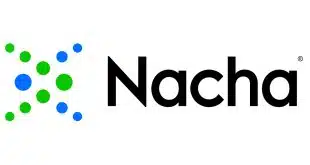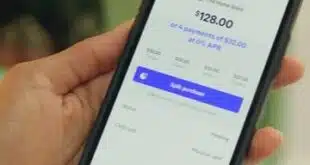Peppercoin Inc., a micropayments processor in Waltham, Mass., sees a potential market for transactions of small and very small values reaching into the trillions of dollars, embracing both the online and point-of-sale markets. To tap that potential, the new company is moving toward a rollout, planned for mid-summer, of a new version of its micropayments system, Perry S. Solomon, vice president for strategy and products, told Digital Transactions News this week at CardTech SecurTech, a smart card and transaction-technology exposition held in Washington, D.C. In a presentation at the conference, Solomon outlined a digital content market that is set to grow from $2.33 billion at year-end 2003 to $15.1 billion in 2008, according to industry forecasts. These figures include music and game subscriptions and downloads as well as sales of ring tones and text content from publishers, both on the wired Internet as well as over mobile commerce?products usually priced at only a few dollars down into the pennies. Indeed, mobile commerce will account for roughly half the market in five years, Solomon said. He credited Apple Computer Inc.'s hugely successful iTunes music-download service, which pioneered the legitimate market for 99-cent songs on the Web, for lending impetus to the micropayments market in digital content. Apple, which uses the music downloads to help sell its iPod music players, is on course to sell $150 million in downloads annually, Solomon said, a business that didn't exist a year ago. In stores, the potential is even greater, Solomon said. Citing statistics from McKinsey & Co. and the Federal Reserve, he said cash accounts for 586 billion transactions annually, with an average ticket of $3.64. That amounts to more than $2.1 trillion in value. Solomon singled out gasoline, quick-service restaurants, vending machines, and movie theaters as the leading physical-world markets for micropayments processors. In previous interviews with this newsletter, Peppercoin officials have laid out a strategy that clearly includes both online and point-of-sale transactions (Digital Transactions News, Dec. 11, 2003). Meanwhile, Peppercoin has been working on what Solomon calls “version 2.0” of the company's proprietary software, which he says will roll out in a couple of months. Without revealing details, he says the new system will stand “behind the buy button,” allowing online merchants to offer a consistent payment interface to customers regardless of payment amount or transaction type. Merchants will determine the threshold for micropayments, routing those transactions to Peppercoin through gateway arrangements Peppercoin plans to make. Peppercoin's new system, he says, will also handle various online customer-service functions associated with transactions. While he won't say which sites the company is targeting for its rollout, Solomon says, “We're out there working hard.” Peppercoin is one of several companies founded within the last year or so to attack the problem inherent in accepting electronic payments under $5 or so?that any potential profit is quickly eroded by interchange and other transaction costs. The company relies on credit card payments and a software program that selects micropayments, or transactions for as little as 50 cents or so, according to a mathematical model. In an approach the company calls “universal aggregation,” the model assigns a much larger dollar value to each selected transaction, avoiding the inefficiency of credit card interchange and processing fees. The company's software builds on the work of co-founders and noted mathematicians Ron Rivest and Silvio Micali. On each transaction, Peppercoin takes a fee of from 7 to 9 cents. In the online music market, licensing fees usually consume 65 to 80 cents of a 99-cent sale, with transaction costs eating up the balance.
Check Also
Affirm Expands Its Credit Reporting to TransUnion
Buy now, pay later platform Affirm Holdings Inc. early Tuesday announced it will begin credit …





